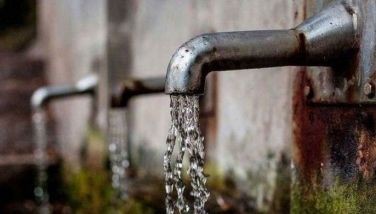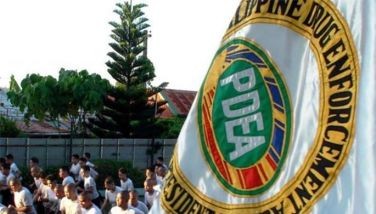DSWD checking on 4Ps families
CEBU, Philippines — The Department of Social Welfare and Development is conducting a house-to-house assessment using the social welfare and development indicators (SWDI) to determine and monitor the progress of the Pantawid Pamilya families’ well-being and to facilitate the case management aimed at promoting their sustainable transition out of poverty.
In a statement, the DSWD-7 said that it has targeted to assess 270,912 Pantawid Pamilya partner beneficiaries in Central Visayas.
For economic sufficiency, beneficiaries have been evaluated based on the employable skills of members, employment and salary, source of income, membership in social security, and access to financial institutions.
On the social adequacy, families were rated based on the members’ health condition, nutrition and education, access to safe drinking water and sanitary toilet facilities, house construction and ownership, and awareness of social issues.
The results of the assessment will serve as reference for the planning of government interventions and programs towards the improvement of the lives of poor families across the nation.
Interventions may include employment facilitation, skills training, provision of livelihood opportunities and referral to other programs and services of the DSWD, other national government agencies, local government units and private organizations.
The Pantawid Pamilya field staff, which include the city and municipal links, have conducted the house-to-house assessment using the SWDI General Intake Sheet (GIS) and the SWDI Score Sheet.
The SWDI GIS is a one-page profile of the household that compiles the family’s demographics and socio-economic characteristics while the SWDI score sheet is a four-page form that gathers information on the score of the family for each indicator corresponding to economic sufficiency and social adequacy.
The 4Ps is an investment in human capital which seeks to break the intergenerational cycle of poverty by focusing on education and health of the beneficiaries.
It uses the conditional cash transfer scheme to provide cash grants to the beneficiaries who comply with the program conditions which are: children three to 18 years old must be enrolled in kindergarten, elementary, and high school, and attend classes at least 85% of the time each month; children 0-5 years old must receive regular preventive health check-ups, growth monitoring, and vaccines; pregnant women get pre- and post-natal care (attended to by skilled/professional health workers); children in elementary must receive de-worming pills twice a year; and the attendance of the grantee/parent/guardian during the monthly Family Development Sessions. BRP (FREEMAN)
- Latest























